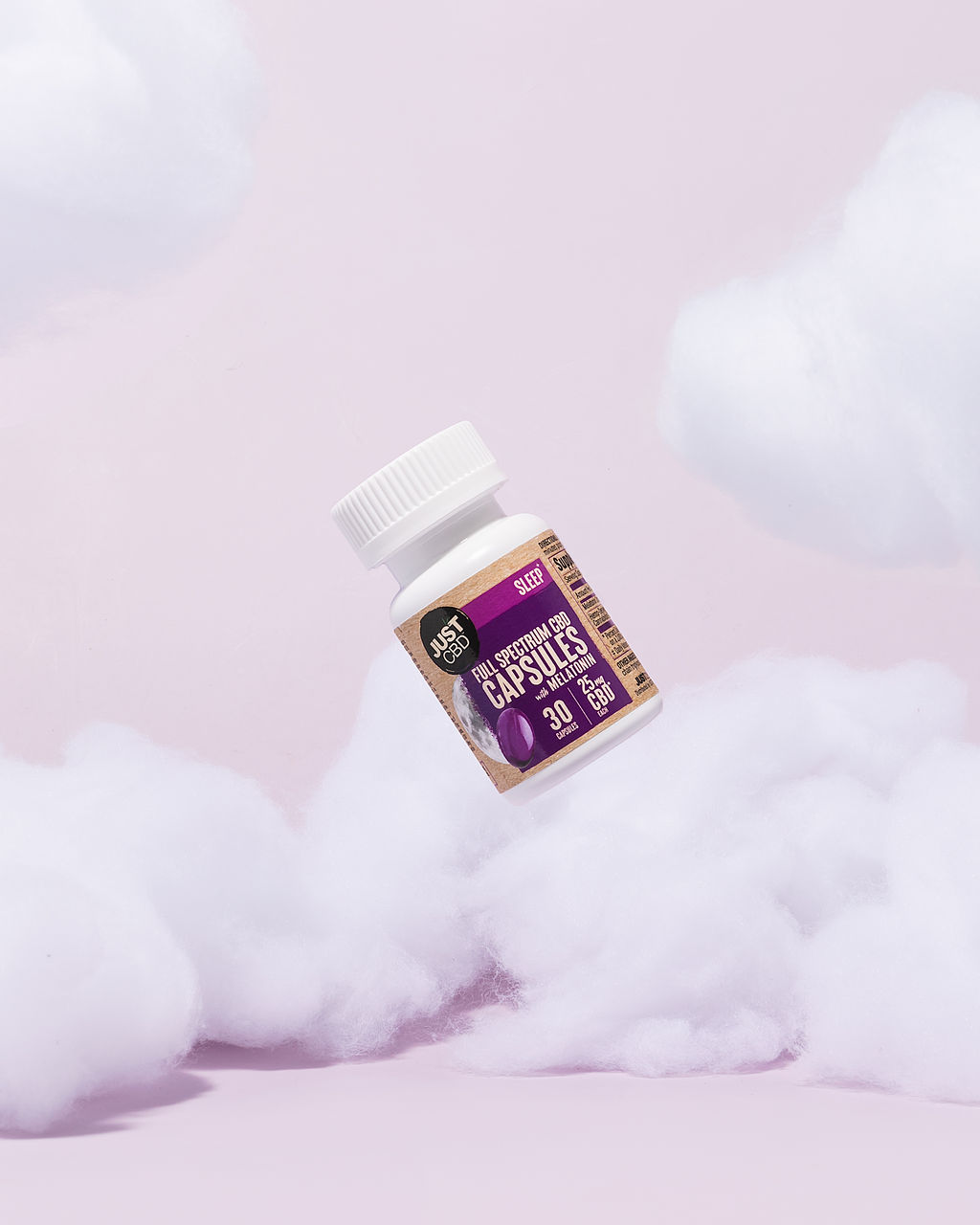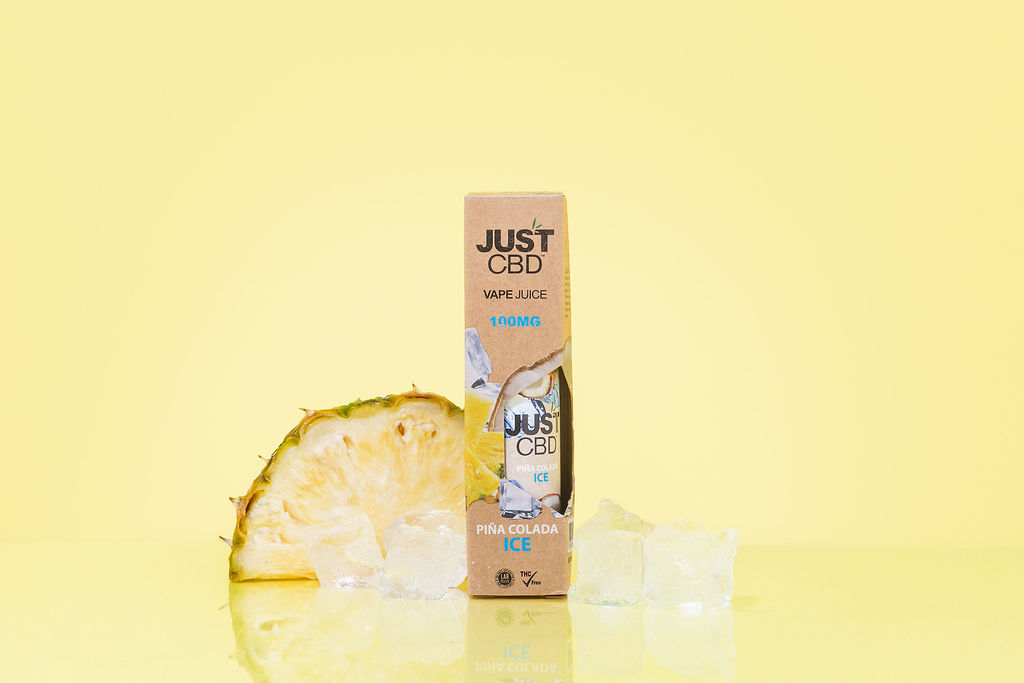Introduction
CBD, short for cannabidiol, has gained significant popularity in recent years for its potential health benefits and therapeutic properties. Derived from the cannabis plant, CBD is one of the many compounds known as cannabinoids found in the plant. Unlike its counterpart THC (tetrahydrocannabinol), CBD does not possess psychoactive effects, meaning it does not induce a “high” sensation commonly associated with marijuana use. In this comprehensive guide, we will explore what CBD is, how it works, its potential benefits, the different types of CBD products available, and important considerations for using CBD.
Table of Contents
- Introduction to CBD
- Understanding CBD and the Endocannabinoid System
- Potential Benefits of CBD
- Types of CBD Products
- How to Choose High-Quality CBD Products
- CBD Dosage and Administration
- Safety and Side Effects of CBD
- Legal Status of CBD
- Frequently Asked Questions about CBD
1. Introduction to CBD
CBD, as mentioned earlier, is a cannabinoid derived from the cannabis plant. It can be extracted from both marijuana and hemp plants, although CBD derived from hemp is more common due to its lower THC content. CBD gained popularity due to its potential therapeutic effects without the intoxicating effects of THC.
2. Understanding CBD and the Endocannabinoid System
To understand how CBD works, it is essential to have a basic understanding of the endocannabinoid system (ECS). The ECS is a complex network of receptors, enzymes, and endocannabinoids that play a crucial role in maintaining homeostasis in the body. CBD interacts with the ECS by influencing its receptors, primarily CB1 and CB2 receptors, which are found throughout the body.
3. Potential Benefits of CBD
CBD has been the subject of numerous studies investigating its potential therapeutic effects. While research is ongoing, some of the potential benefits of CBD include:
- Pain relief and anti-inflammatory properties
- Reduction of anxiety and depression symptoms
- Alleviation of epilepsy and seizure disorders
- Potential neuroprotective properties
- Support for sleep and relaxation
- Potential benefits for skin conditions
- Relief from nausea and digestive issues
It is important to note that while these potential benefits exist, CBD should not be considered a cure-all, and individual experiences may vary.
4. Types of CBD Products
CBD is available in various forms, allowing individuals to choose a product that suits their preferences and needs. Some common types of CBD products include:
CBD oils and tinctures
These are liquid extracts infused with CBD, typically taken orally by placing drops under the tongue.
CBD capsules and pills
These are pre-measured doses of CBD enclosed in a capsule or pill form, making it convenient for consumption.
CBD topical
Creams, lotions, balms, and salves infused with CBD that can be applied directly to the skin for localized relief.
CBD edibles
CBD-infused food and beverages, such as gummies, chocolates, and teas.
CBD vape products
CBD e-liquids or vape cartridges that can be inhaled using a vaporizer.
CBD isolates and concentrates
Pure CBD extracts in powder or crystal form, often used for dabbing or adding to other products.
5. How to Choose High-Quality CBD Products
When selecting CBD products, it is important to prioritize quality and safety. Here are some factors to consider:
Source
Look for CBD derived from organically grown hemp to minimize exposure to pesticides and other harmful chemicals.
Extraction method
Choose products that utilize safe extraction methods, such as CO2 extraction, to ensure the purity of the CBD extract.
Third-party testing
Opt for products that have undergone third-party testing to verify their potency and ensure they are free from contaminants.
THC content
If you wish to avoid THC entirely, choose products labeled as “CBD isolate” or “THC-free” to ensure no THC is present.
Product transparency
Reputable brands provide detailed information about their CBD products, including their sourcing, extraction methods, and test results.
6. CBD Dosage and Administration
Determining the right dosage of CBD can be challenging, as it varies depending on various factors such as individual body chemistry, the condition being treated, and the type of CBD product. It is advisable to start with a low dose and gradually increase until the desired effects are achieved. Consulting with a healthcare professional experienced in CBD use can provide personalized guidance.
7. Safety and Side Effects of CBD
CBD is generally considered safe and well-tolerated. However, some individuals may experience side effects, including dry mouth, drowsiness, diarrhea, or changes in appetite. It is important to note that CBD can interact with certain medications, so it is crucial to consult with a healthcare professional before using CBD alongside other medications.
8. Legal Status of CBD
The legal status of CBD varies from country to country and even within different regions. In many countries, CBD derived from hemp with low THC content is legal, while CBD derived from marijuana may be subject to stricter regulations. It is crucial to familiarize yourself with the laws and regulations regarding CBD in your specific location before purchasing or using CBD products.
9. Frequently Asked Questions about CBD
- Will CBD make me feel high?
- Can I use CBD for my pet?
- How long does it take for CBD to take effect?
- Can I travel with CBD?
- Can I overdose on CBD?
Conclusion
CBD has gained significant attention as a potential natural remedy for various ailments. As research continues to unfold, understanding the basics of CBD, its potential benefits, and selecting high-quality CBD products will help individuals make informed decisions regarding their health and wellness. It is important to consult with a healthcare professional before starting any CBD regimen, especially if you have underlying medical conditions or are taking other medications. With the right knowledge and responsible use, CBD can potentially contribute to a well-rounded approach to overall well-being.
- Comprehensive Review of the Top CBD Tinctures By Slumber CBD - August 20, 2024
- How Protein Can Help You Lose Weight Naturally - July 19, 2023
- 6 Products That Will Make You Love Pinnacle CBD - June 27, 2023




![Expedition - Trail Edition [Black]](https://unitedhemprefinery.com/wp-content/uploads/2024/08/Expedition-Trail-Edition-Black.webp)
